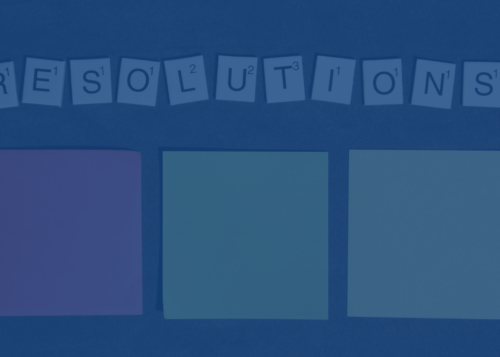Organizational Health: How to Build the Individual and the Company as a Whole

Fresh out of college, the anxiety starts settling in. What am I going to do for the rest of my life? I need to get a job; a job where I can be happy, but more importantly, successful. We all experience a tremendous amount of relief when we sign that first contract, knowing the next chapter of our lives is now in the present and no longer in the foreseeable future. But it isn’t all smooth sailing from there. The learning curve from a college student to a professional takes time and you will only grow stronger as you pick up new tricks and strategies. I am smack-dab in the middle of this learning curve, so I think it is vital for me to express some things I have learned from my current workplace that can help recent graduates prepare for the next step up the ladder in their careers.
Last week I was sitting in a client’s company-wide conference listening to the senior executives describe their future goals for the business… The most mutually agreed upon influential aspect of a successful business is organizational health.
In an article written by Scott Keller and Colin Price of McKinsey & Company, they suggest organizational health is constructed from within:
“While you can always learn helpful things from others, we have found that the recipe for excellence in a particular organization is specific to its history, external environment, and aspirations, as well as the passions and capabilities of its people. Creating and sustaining your own recipe — one uniquely suited to these factors — delivers results in a way that your competitors simply can’t copy.”
Like everything else in the world, businesses are built from the ground up. The foundation of any business is the employees, from the senior executives, down to the sales development reps. Everyone plays a role in support of the system in place. Luckily, demandDrive co-founders, Lindsey Frey and Dan Paul have created an identity for demandDrive that embraces the young, fun, yet “strictly business” oriented culture of its “rising empire” within the lead generation industry.
How, you ask? Let’s look through the lens of motivation. Nothing influences beginners in the workforce more than solid incentives. How about getting a head start to the weekend? demandDrive has implemented “Friday hours,” enabling employees to leave the office at 1PM on Fridays if, and only if, their weekly goals are met. This means that leads are generated, call activities are up to par, and the company as a whole feels as though it was a successful week.
In an office where the majority of its’ employees haven’t even reached their quarter-life crisis, there are a limited amount of strategies to apply in terms of motivation.
In-office competitions:
1–2 times a week, in-office competitions are held to give employees an opportunity to take the office throne. More times than not, these competitions produce an increase in leads generated, more call activities, all while giving the office an invisible “shot” of energy that is independent from whether or not the espresso machine is working. There isn’t one individual winner of these events. The real winner is the company as a whole: the more numbers dialed, emails sent, conversations held, the more revenue the business is generating. Yes, the employee who is proclaimed the winner possesses office bragging rights and sometimes a tangible prize, however, those bragging rights give other employees more incentive to win the next one.
Collaboration/Communication:
Listen in on conversations your co-workers are having with clients. And talk about them! Collaboration/communication is key in trying to find ways to win over prospects. Not every day is going to be a landslide. Listen to the strategies of your co-workers, and evaluate whether or not their strategies could help dig you out of your own rut.
The other day was one of my roughest days in the office. I wasn’t getting anyone on the phone, and no one responded to my emails. When that happens, it can be natural to get pissed off, and have a negative attitude for the rest of the day. The last thing you want to do as an SDR is to come off as an unenthusiastic advocate. So what I have learned to do (along with my fellow employees) is to take a break (5–10 min) and observe those fellow employees. Try and pick up some strategies from them. Listen in on what they say to prospects in certain situations to see if their strategies can help you win over one of your prospects. One of the most overlooked aspects of being a business/salesperson is that there is always room for improvement. You aren’t born a salesperson, you carve yourself into one with experience.
Like what you see? Contact us!
Related Resources
Continue exploring

Embracing Online Sales Communities

Resolve To Be Resilient: A True Cold Calling Resolution

Advice Every SDR Should Know

Leveraging Your SDR Experience

Alternative Prospecting Methods

Building Your Sales Development Puzzle

